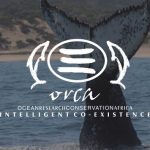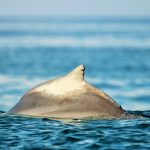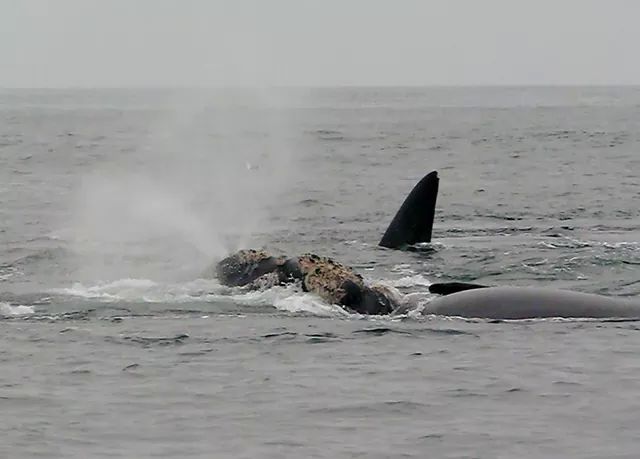 Marine Guiding Course
Marine Guiding Course
The ORCA Foundation will be happy to assist you with registering you on a South African Boat-based Whale Watching Course which will enable you to learn more about our amazing animals. (This will be an additional fee).
Volunteers interested in this course must:
- Be 18 years of age or older.
- Be booked for four weeks or more
- Accompany a qualified marine guide on several excursions until the trainee is deemed competent in his/her abilities.
The aim of this course is to equip the trainee with a theoretical and practical knowledge of:
- South African tourism – guiding and etiquette.
- A history of Plettenberg Bay.
- An introduction to marine biology.
- An introduction to the commonly found marine mammals of Plettenberg Bay.
- An introduction to the marine bird life.
- Whale watching regulations.
- Safety at sea.
This course is a MUST DO for anyone who is willing to learn and become a teacher, to speak where nature cannot, and to educate those who are willing to learn, as “In the end we will conserve only what we love. We will love only what we understand. We will understand only what we are taught.” – Baba Dioum.
The SABBWWA Course is a wonderful experience for anyone who wants to see the ocean and its wildlife from the eyes of a marine guide.
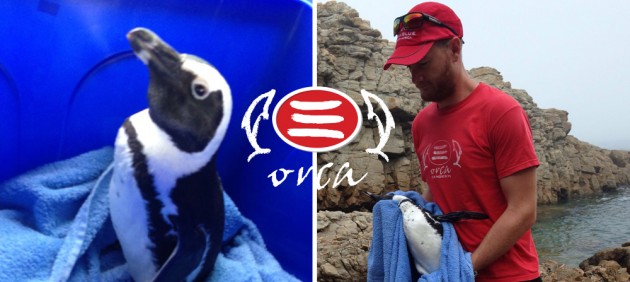 First Aid for Stranded Marine Animals assistance.
First Aid for Stranded Marine Animals assistance.
The waters surrounding Southern Africa boast 40 different species of marine mammals. The most elaborate visitors are the majestic giants of the ocean, the Southern Right and Humpback Whales. These animals migrate thousands of kilometres for mating and calving each year where they stop and pay Plettenberg Bay a visit. Plett is also home to the acrobatic Common Dolphins, the rare and endangered Humpback Dolphin and the famous Bottlenose Dolphin. Plettenberg Bay also receives frequent visits from Loggerhead Turtles and African Penguins.
The Southern African coastline is extremely bio-diverse. One of the major reasons for this is its unpredictable coastline. The geology and unique weather conditions, along with the temperate/sub-tropical climate allows for a variety of niches and habitats. In turn, many of these species are often endemic to an area and have been listed by the International Union for the Conservation of Nature (IUCN) as endangered species (E.g. The Humpback Dolphin and African Penguin).
Due the unpredictability of this vast coastline, many marine animals (especially less frequent visitors) may become stranded. Although this is only one of the theories, scientists are still not entirely sure why many mammals of the sea strand themselves. There have been many accounts where dolphins have stranded as a result of injury or illness. Furthermore, as these animals have extremely close social bonds, a dolphin might become stranded as a result of trying to search for an already stranded comrade. Loggerhead and Green Turtles have often been stranded as a result of navigational error, where they are forced onto sharp rocks. As a knock-on effect of fish stock depletion, many animals such as penguins and seals are forced to travel further distances to find foods. They then become fatigued and caught in currents, where they are forced thousands of kilometres off course and become stranded. They are then attacked by domestic dogs, scavengers and even local people. Many people try to assist these stranded animals and have either seriously injured themselves, or have only further injured the animal.
During your stay there may be opportunities to assist the Plettenberg bay Stranded Network with rescues of various stranded marine birds (including penguins), turtles and mammals.
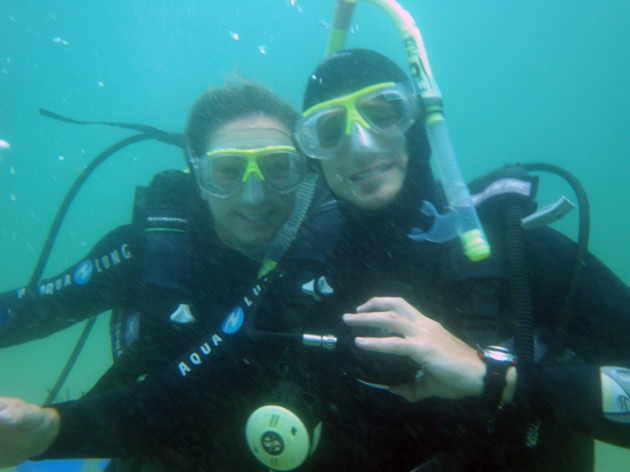 Diving Certification
Diving Certification
Diving courses can be organized for volunteers at an additional fee through the local ProDive diving school. Volunteers should inform ORCA Foundation staff as soon as possible if they desire to complete any diving courses.
